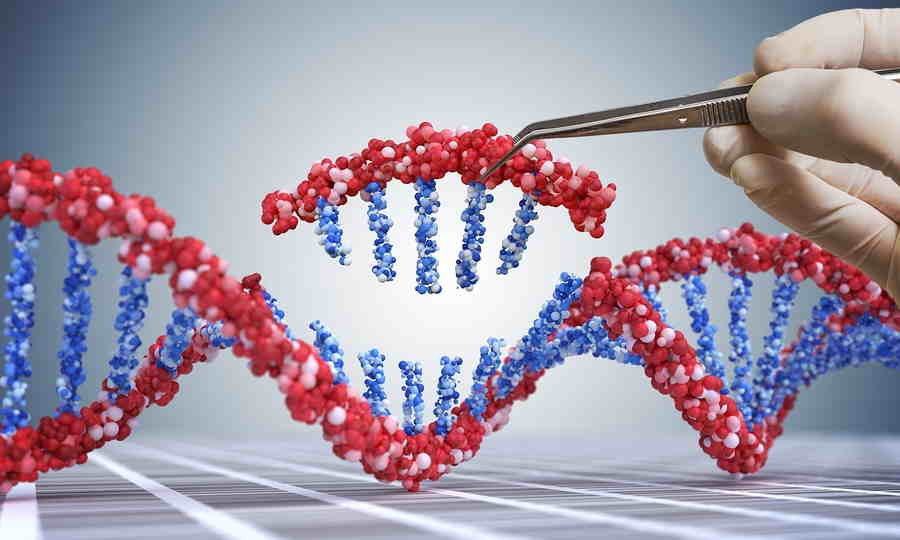Shortly before it reported fourth quarter and full-year earnings results, Thermo Fisher Scientific (NYSE: TMO) announced the sale of its anatomical pathology (AP) business for $1.14 billion.
The buyer, Tokyo-based PHC Holdings Corporation, is a global healthcare company developing and manufacturing medical equipment and products across diabetes care, diagnostics, life sciences and healthcare information technology. Its consolidated net sales in FY2017 was approximately $1.76 billion.
The AP business provides microscope slides, instruments and consumables. It has approximately 1,200 employees at locations in the U.S., Europe and China. The business generates approximately $350 million in annual revenue and is part of Thermo Fisher’s Specialty Diagnostics Segment. The price/revenue multiple works out to just 3.3x.
The sale is expected to close in the second quarter of 2019 and is expected to dilute 2019 adjusted earnings per share by $0.10.
On the earnings call on January 30, TMO CEO Marc Casper said the sale was made “to create shareholder value.”
That value was baked into its quarterly and annual earnings. Q4:18 revenue increased year over year to $6.5 billion and adjusted operating income increased 12% to $1.6 billion. For the full year of 2018, TMO revenue increased by 16% to $24.36 billion and adjusted operating income rose 16% to $5.6 billion.
The company made two bolt-on acquisitions in 2018. In March, it bought IntegenX, which develops rapid DNA testing technologies for human identification and use in forensics and law enforcement. Then in September it paid $100 million for Becton, Dickinson and Company‘s (NYSE: BDX) advanced bioprocessing business.
Last year’s cash flow from continuing operations was $4.5 billion, which gives TMO a significant warchest for acquisitions. However, the company’s goal was to reduce debt following its 2017 acquisition of Patheon, a contract development and manufacturing organization in North Carolina, for $7.2 billion.
CFO Stephen Williamson noted they ended the year with $2.1 billion in cash, which included a $500 million share buy-back and $275 million in dividend. Even so, no big deals are planned, CEO Casper said. We’ll see.

